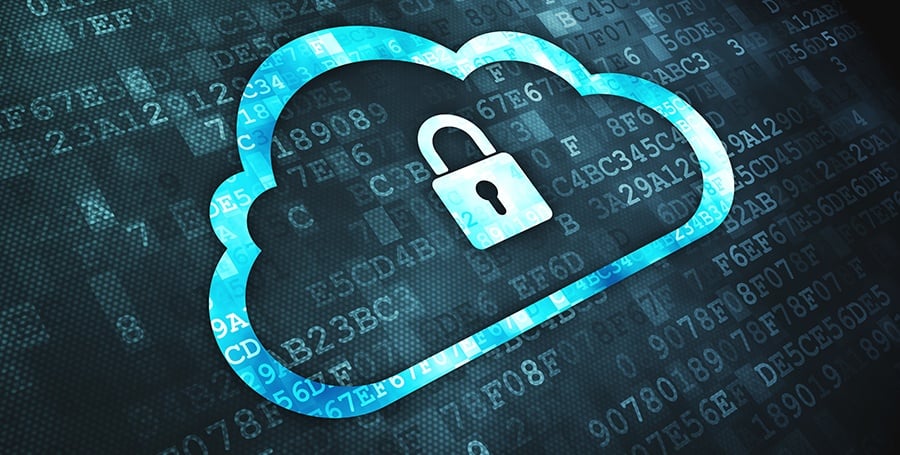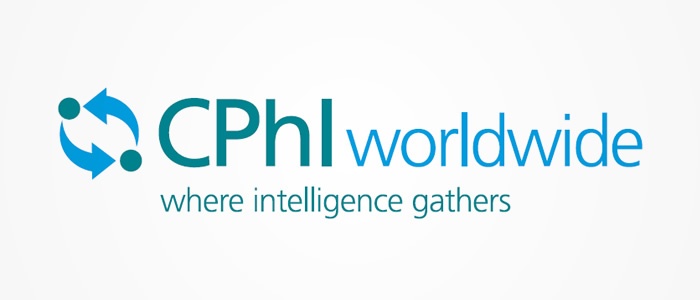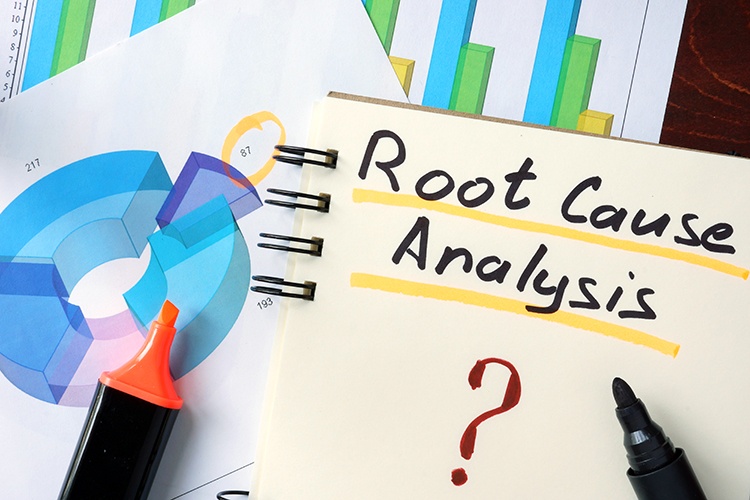With so many systems to choose from, how do you select the right LIMS for your lab? Below are some helpful words of advice to get you started on your journey of finding a LIMS.
How to Choose the Right LIMS for Your Lab
by Theresa Webster posted in LIMS, Data Management, Project Management, Process ImprovementHow to Avoid Customer Complaints: Where LIMS Can Help
by Theresa Webster posted in LIMS, Data Management, Client Expectations, Project Management, Process Improvement, customer satisfactionDelivering on customer expectations is a shared and common goal for laboratories. Whether they are internal or external to your organisation, delighting customers is the ultimate reward for your work. Even when you have documented, implemented and trained procedures,
5 Tips for Keeping your LIMS Project on Time and in Budget
by Theresa Webster posted in LIMS, Data Management, Project Management, Process ImprovementFour Common Misconceptions about Data Security
by Theresa Webster posted in Data Management, Data Integrity, data governance, Data Security, Cyber SecurityIn this article we discuss four of the most common misconceptions about data security.
#1 "Desktop is more secure than web applications."
Desktop programs run locally on a PC whereas web applications run in a web browser via the internet. Most people believe data stored through a desktop program is more secure than browser based applications because the perceived control over data. Not all desktop programs store data within the local network. Some desktop programs access, send and store data on remote servers which is the same data storage method as web applications.
FDA 21 CFR Part 11 and The US Presidential Election
by Andy Mooney posted in LIMS, Data Management, News, Data Integrity, LabHQ, FDA
FDA 21 CFR Part 11. What can we learn from the US Secretary of State’s alleged 33,000 deleted emails?
By now we have all heard in the news about the alleged deleting of 33,000 e-mails by one of the candidates for the presidency of the USA. The suggestion is that, Hillary Clinton, the United States Secretary of State at that time, had exclusively used her private email server for official communications, rather than official State Department email accounts maintained on federal servers. Those official communications included thousands of emails that would later be marked classified by the State Department retroactively.
Hot topics at CPhI
by Paul Moran posted in LIMS, Data Management, News, Data Integrity, MHRA Guidance, FDA, MHRAThe CPhI conference in Barcelona did not fail to deliver on hot industry topics and trends in global pharma. After meetings with clients, new contacts and industry thought leaders the Broughton team were well placed to gather commercial and technical opinions shaping the future direction, technologies, opportunities and threats in pharma.
Problem solving and implementing change is never easy.
by Paul Moran posted in Data Management, Data Integrity, Project Management, Process Improvement, best practicesFirst let’s address implementing change. This could be considered a lifelong study. I’ll cover this succinctly before moving onto problem solving and the root cause analysis pocket guide providing a simple technique for both. If we get the problem solving bit right then implementing change becomes a whole lot easier.
Invest in LIMS. Save Money. Generate Cash. Simple.
by Paul Moran posted in LIMS, Data Management, pharmaceutical manufacturing, cash flow, customer satisfaction, production cycleDecreased operational costs, increased capacity, and improved cash flow often follows the implementation of a Laboratory Information Management System (LIMS). Many laboratories have realised savings due to the installation or upgrading of a LIMS, an investment that pays off in the form of both hard and soft benefits. The hard benefits improve cash flow while the soft benefits, such as employee morale and customer satisfaction help reinforce them.
Is your LIMS too complicated?
by Theresa Webster posted in LIMS, Data Management, Data Integrity, Project Management, Process Improvement, Production Environment, Laboratory Environment, process improvement software
When you walk into the lab to start your shift, do you get excited to launch your LIMS or do you dread to use it because it’s too complicated? We all want to be excited to use LIMS, but in reality, there are so many reasons why we’re stuck with this complicated beast of a LIMS that we don’t want to use. “The business can’t afford to upgrade the system”, “We don’t have time to manage the project if we did change systems”, “The business bought this system without consulting the users so we have to use it” – the list of reasons could go on and on. Despite all the obvious reasons for not being excited to use a LIMS, there are genuine quality operational concerns for a lab using a LIMS too complicated for its users. These operational concerns are what I call the ‘side-effect’– muda.
Environmental Monitoring - Why Does It Matter?
by Andy Mooney posted in LIMS, Data Management, environmental monitoring, pharmaceutical manufacturing, microbiological contamination, standard operating procedures (SOPs), FDA, MHRAMicroorganisms are found everywhere. This can be in the air and water, on skin and other surfaces. When microbiological contamination occurs in pharmaceutical manufacturing, product batches are wasted, risking potential recalls and plant shutdowns. The effect of the contamination can include lost time and money for manufacturers, drug delays and shortages, and related loss of public confidence, potential fines and even criminal consequences.














